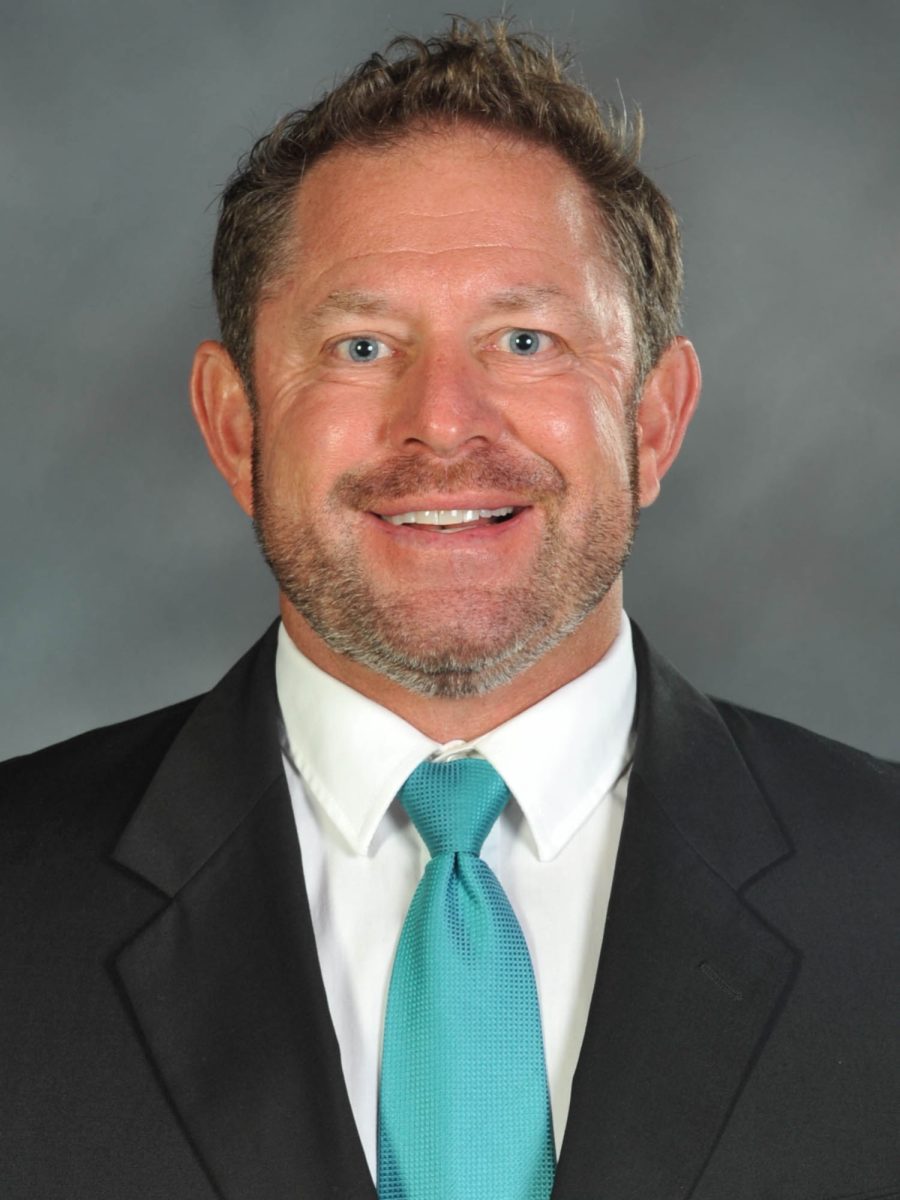Left without answers, Coastal’s student body doubts the university’s morals after the lack of communication concerning Executive Order 14151.
Since the passing of President Trump’s executive order “Ending Radical and Wasteful Government DEI Programs and Preferencing” there has been little communication about what altercations are being made in response.
A specific concern was the recent closure of the Intercultural and Inclusion Student Services Office (IISS), which the university only explained a month after it had been pointed out by the Social Justice Club.
Mariel Pagán Smith, interim vice president for student affairs and assistant vice president for student engagement, acknowledged an attack on the work of specific offices. The recently closed IISS office was one of concern.
The IISS office was referred to as the Diversity Equity and Inclusion (DEI) office by many, however Smith explained it had nothing to do with DEI.
“It’s been put into these categories of DEI, and we never called it the DEI office. We weren’t saying that that’s what it was, and yet students would refer to it that way,” Pagán Smith said.
According to an email titled “Resources from the Division of Diversity, Equity, and Inclusion” sent from the Office of Diversity and Inclusion in 2022, the IISS office was one of three in this Division. The only office that remains open is Accessibility and Disabilities Services.
Pagán Smith said the conversation concerning the closure of the IISS office had been ongoing for years because of this negative characterization of DEI. Yet, this conversation became realistic following the executive order and the discussion of state laws in the South Carolina State Legislature.
“There has been fear in people who do this work across the country and one of the things that we as a university didn’t want is for our people, our staff and our students to be fearful,” Pagán Smith said.
Members of the IISS office were relocated into the best suited roles inside Student Affairs after the closure. The Chanticleer reached out to prior members of the IISS office who now work in Student Affairs, but all declined the opportunity to comment.
Junior criminal justice major Jordyn Meade expressed her concerns regarding the university’s communication with the student body.
“Aside from that initial email months ago when the executive order came out, I don’t feel as though a lot of communication has been present between the institution and the students,” Meade said.
Meade compared Coastal Carolina University’s handling of the situation to universities in the north who are open about DEI’s importance. She also mentioned her friends referred to the IISS office as a “safe place,” but since its closure, they feel disheartened.
“They’re saying they want to maintain their morals of inclusion and community, but you’re kind of saying that if you have to, you’re gonna take away a big pillar of that community, so that’s definitely scary,” Meade said.
Since Executive Order 14151 passed, state level anti-DEI bills have been introduced to the House of Representatives. Although later vetoed, House Bill 3927 was first introduced to the House on Feb. 6., targeting institutions of higher education and their involvement in DEI.
Coincidentally, the next day the university reached out to address the student body for the first time since Executive Order 14151 passed. According to the email, although CCU does not have a dedicated DEI office or department, “the scope of these executive orders,” may cause implications for CCU.
Joseph Fitsanakis, professor of intelligence and security studies, regarded this bill as an imposition on academic freedom if it had passed. Fitsanakis also serves as the president of the CCU chapter of the American Association of University Professors (AAUP). The AAUP’s objectives are to fight in favor of academic freedom, and shared governance.
“The bill will almost certainly lead to increased state-level censorship in curricula, impeding academic freedom and the ability to address diverse perspectives in teaching and research,” Fitsanakis wrote on the official AAUP website.
Although relieved the bill was vetoed, Fitsanakis emphasized the chance of a similar, or even identical bill’s likelihood to be passed in the future.
“We are keeping an eye just in case, but most of that tends to die before it gets to the voting station,” Fitsanakis said.
If a state level anti-DEI bill that would threaten academic freedom was to pass, Meade is uncertain whether CCU would fight against it.
“They wanna maintain that inclusive community, but Coastal is very quiet about that. So that’s a little distrusting. Because like, what do you really care about?” Meade said.



















